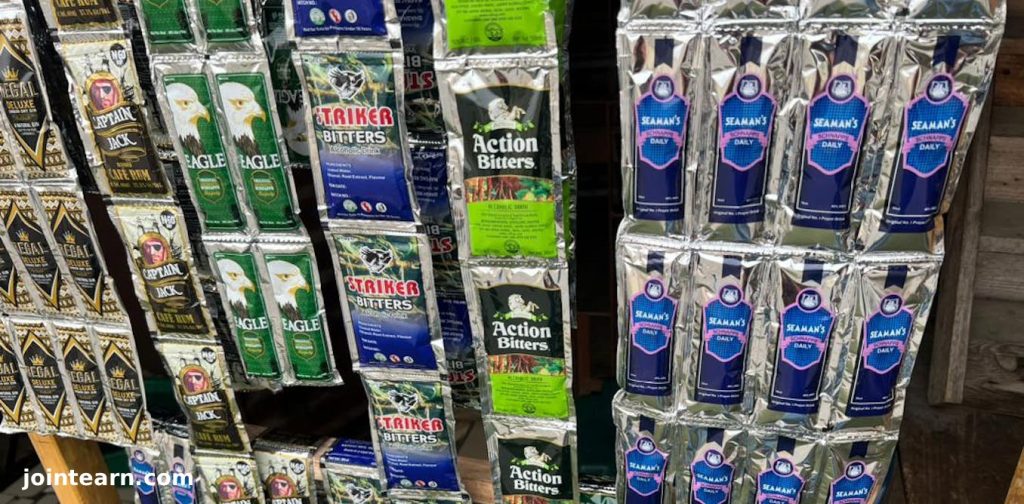
The Nigerian government’s decision to ban alcoholic drinks sold in sachets and small bottles has generated mixed reactions across the country, with strong opinions from both public health advocates and industry stakeholders.
Background
The idea to phase out sachet and small-volume alcohol was first introduced in 2018, but public backlash delayed full implementation. A five-year Memorandum of Understanding (MoU) was signed between the Federal Ministry of Health, NAFDAC, the Federal Competition and Consumer Protection Commission (FCCPC), and industry bodies like the Association of Food, Beverages and Tobacco Employers (AFBTE) to gradually phase out such products.
The deadline was initially set for January 2024, later extended to December 2025, to allow manufacturers to exhaust old stock and reconfigure production lines.
Senate Intervention
On November 5, 2025, the Senate directed NAFDAC not to extend the December 31 deadline. Senator Asuquo Ekpenyong of Cross River South argued that the ban aligns with global regulatory standards and aims to reduce alcohol-related harm, particularly among youth and commercial drivers.
Senate President Godswill Akpabio supported the resolution, urging strict enforcement to protect public health and youth welfare.
NAFDAC’s Position
Prof. Mojisola Adeyeye, NAFDAC Director-General, reaffirmed the agency’s commitment to enforcing the ban. She highlighted the health risks associated with cheap, high-strength alcoholic beverages in sachets and small bottles, including addiction, domestic violence, road accidents, and chronic diseases like kidney and heart problems.
She clarified that the ban affects only spirit drinks packaged below 200ml, calling on all stakeholders to comply fully, as no further extensions will be allowed.
Public and Industry Reactions
While government officials and public health advocates support the ban, some manufacturers and consumers oppose it.
Mrs. Bukola Jaiyeloba, a beverage seller, warned the ban could devastate businesses and limit access to affordable drinks for low-income Nigerians:
“These small bottles allowed the ordinary man to enjoy a drink without breaking the bank. This policy threatens our livelihoods and the happiness of millions of Nigerians.”
Consumers at Mile 2 drinking spot in Lagos also expressed frustration, questioning why the government targets sachet alcohol while hard drugs remain widely accessible:
“The poor will always find a way to enjoy life, no matter what the rich do. This policy may inconvenience us, but it won’t stop us.”
Conclusion
The phase-out of sachet and small-bottle alcohol remains a controversial issue balancing public health concerns against economic impact and affordability for low-income consumers. With the December 2025 deadline approaching, NAFDAC and the government face a critical challenge in enforcing the ban while addressing public dissent.


Leave a Reply